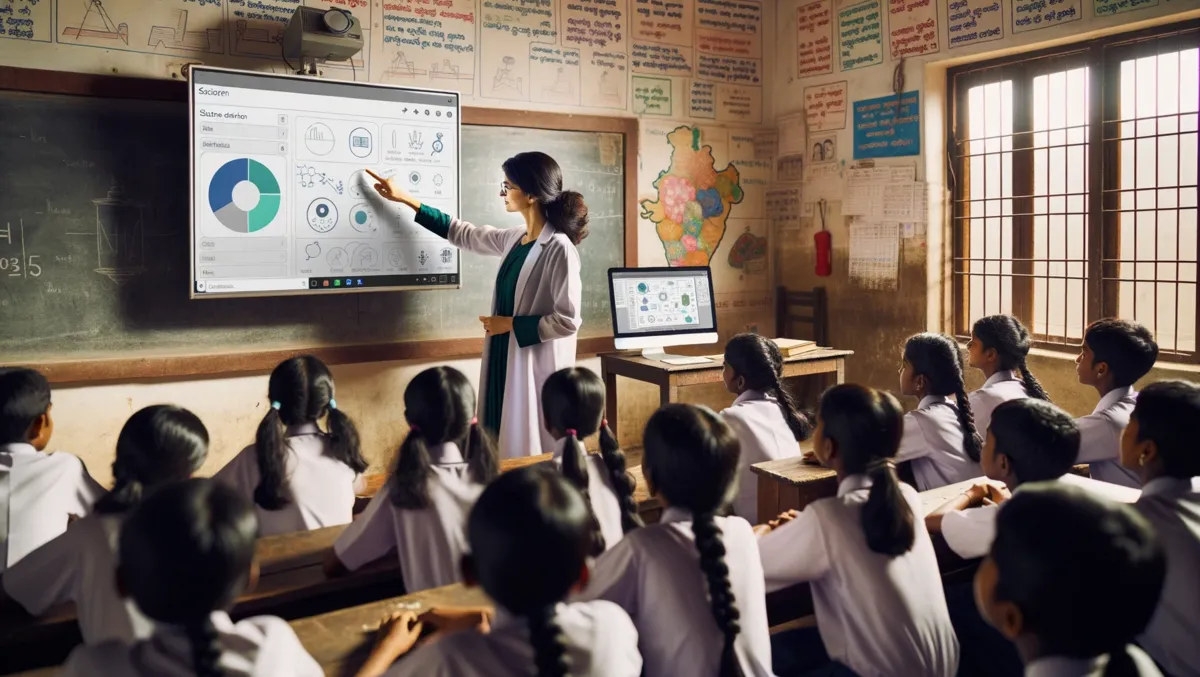The main goal of this study was to assess the AI literacy among pre-service teachers at a Nigerian university, focusing on various dimensions of AI literacy such as understanding, use, detection, ethics, creation, and problem-solving.
Methods
The study used a quantitative approach with a sample of 529 pre-service teachers. Data was collected through a structured online survey and analyzed using structural equation modeling (SEM) to explore the relationships between different aspects of AI literacy.
Key Findings
- A profound understanding of AI predicts positive outcomes in AI use, detection, ethics, creation, and problem-solving.
- There is no significant correlation between AI knowledge and emotion regulation.
- Active AI use does not necessarily enhance AI detection capabilities.
- There is a trade-off between the application and creation of AI.
- Ethical considerations are intertwined with emotional and persuasive facets of AI use.
Implications
The findings suggest that a solid foundation in AI literacy among pre-service teachers is crucial for integrating AI technologies into education effectively. This supports the development of AI literacy programs in teacher education to enhance their pedagogical skills and ethical awareness in AI use.
Limitations
The study is limited to a single university in Nigeria, which may not be representative of all pre-service teachers. Additionally, the reliance on self-reported data could introduce bias.
Future Directions
Future research should explore AI literacy among pre-service teachers in diverse educational contexts and expand the sample size. Studies could also focus on the long-term impact of AI literacy education and its application in real classroom settings.
Title and Authors
Title: Examining Artificial Intelligence Literacy among Pre-Service Teachers for Future Classrooms Authors: Musa Adekunle Ayanwale, Owolabi Paul Adelana, Rethabile Rosemary Molefi, Olalekan Adeeko, Adebayo Monsur Ishola
Published On: April 10, 2024
Authors: Musa Adekunle Ayanwale, Owolabi Paul Adelana, Rethabile Rosemary Molefi, Olalekan Adeeko, Adebayo Monsur Ishola
Journal: Computers and Education Open
